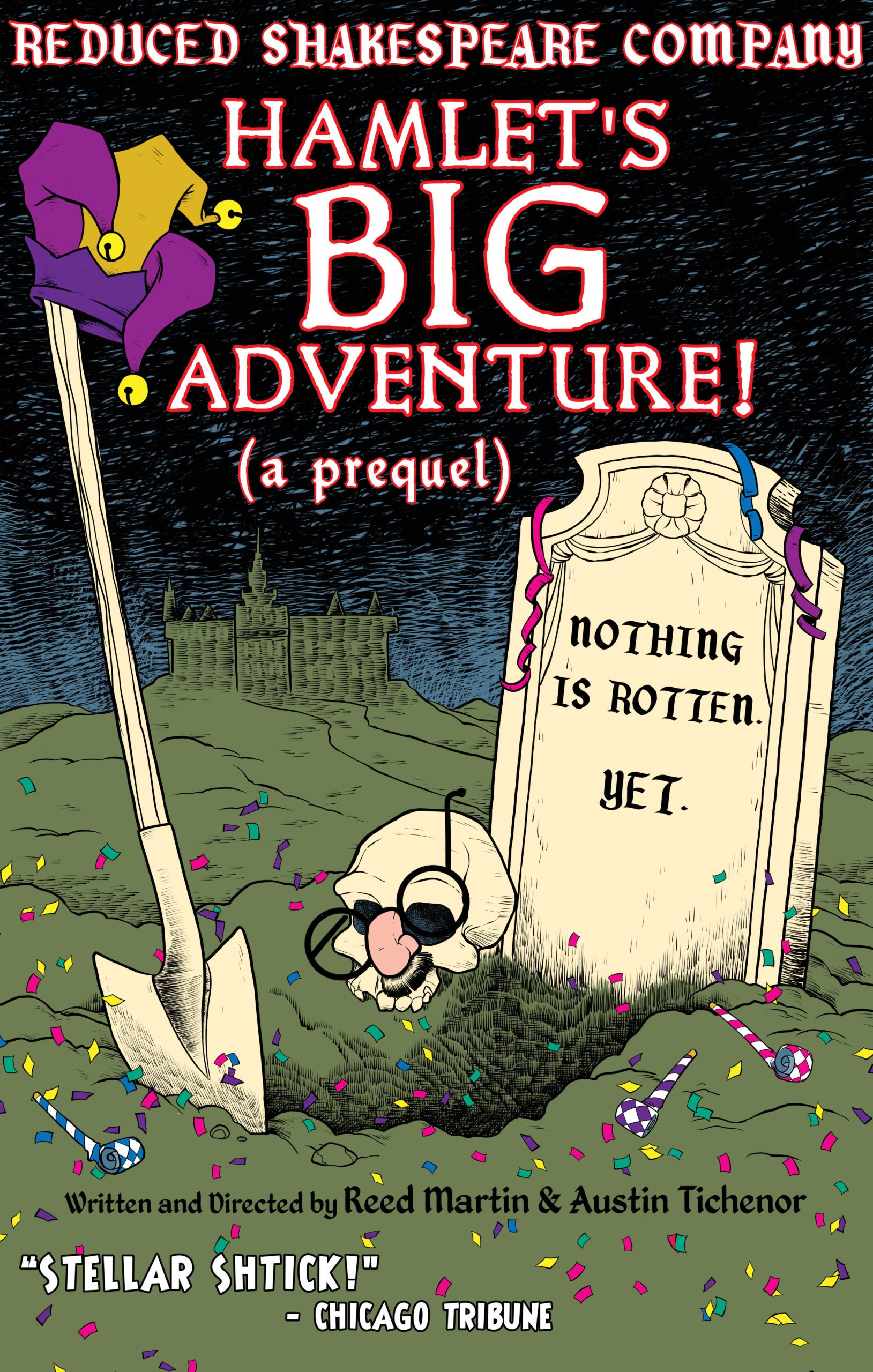‘Owning Shakespeare’ Podcast
The first season of Rob Myles’ extraordinary Owning Shakespeare podcast is now available on all the usual platforms, and it’s a fantastic collection of six noted Shakespeare actors tackling (in real time) a speech they’ve never looked at before, and sharing their process, stumbles, and successes with the listener. Rob’s a wonderful guide, and he joins us to discuss how the podcast came together; how the RSC’s Austin Tichenor was a briefly unwitting test subject; what this and future seasons will accomplish; how he blushes at praise for his knowledge of Shakespeare and skills as a director; the joy of taking both Shakespeare and actors off pedestals; how a rushed rehearsal process led to a kind-of triage of Shakespeare; the importance of demystifying the idea that actors are only using “intuition;” how to avoid “impenetrable babble;” the value of showcasing the new generation of Approved Shakespeareans; and the hoped-for possibility of getting an Avenger on Season Two. (Length 21:40) (PICTURED, clockwise from top left, the six “text detectives” from Season One of Owning Shakespeare: Isabel Adomakoh Young, Austin Tichenor, Miguel Perez, Debra Ann Byrd, Paterson Joseph, and Adjoa Andoh.)
Podcast: Download (Duration: 26:32 — 30.5MB)

